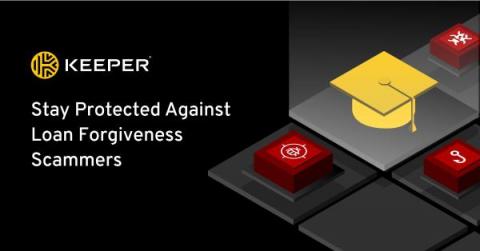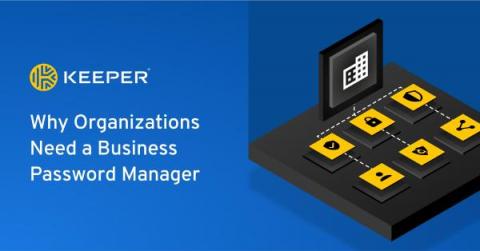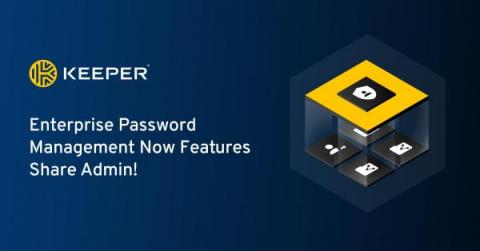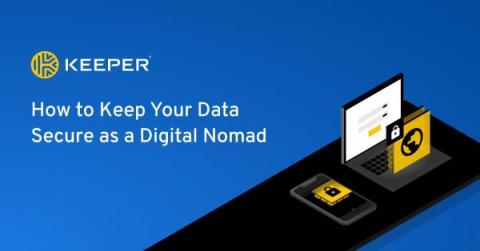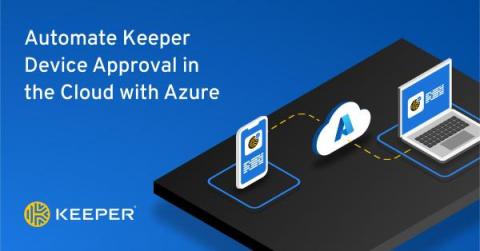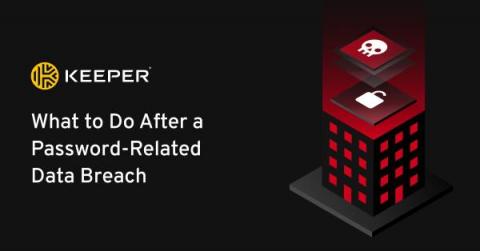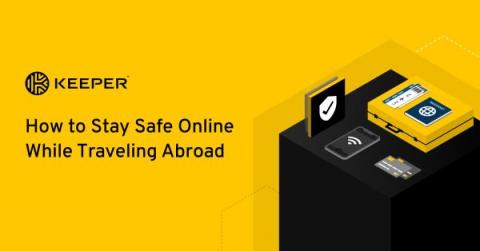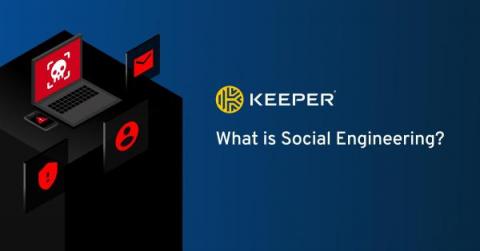How to Stay Protected Against Student Loan Forgiveness Scammers
The Biden administration formally started the application for federal student loan forgiveness on Monday, October 17th, 2022. Recipients who qualify are eligible for the discharge of up to $10,000 of their loans for non-Pell Grant recipients and up to $20,000 for Federal Pell Grant recipients.


